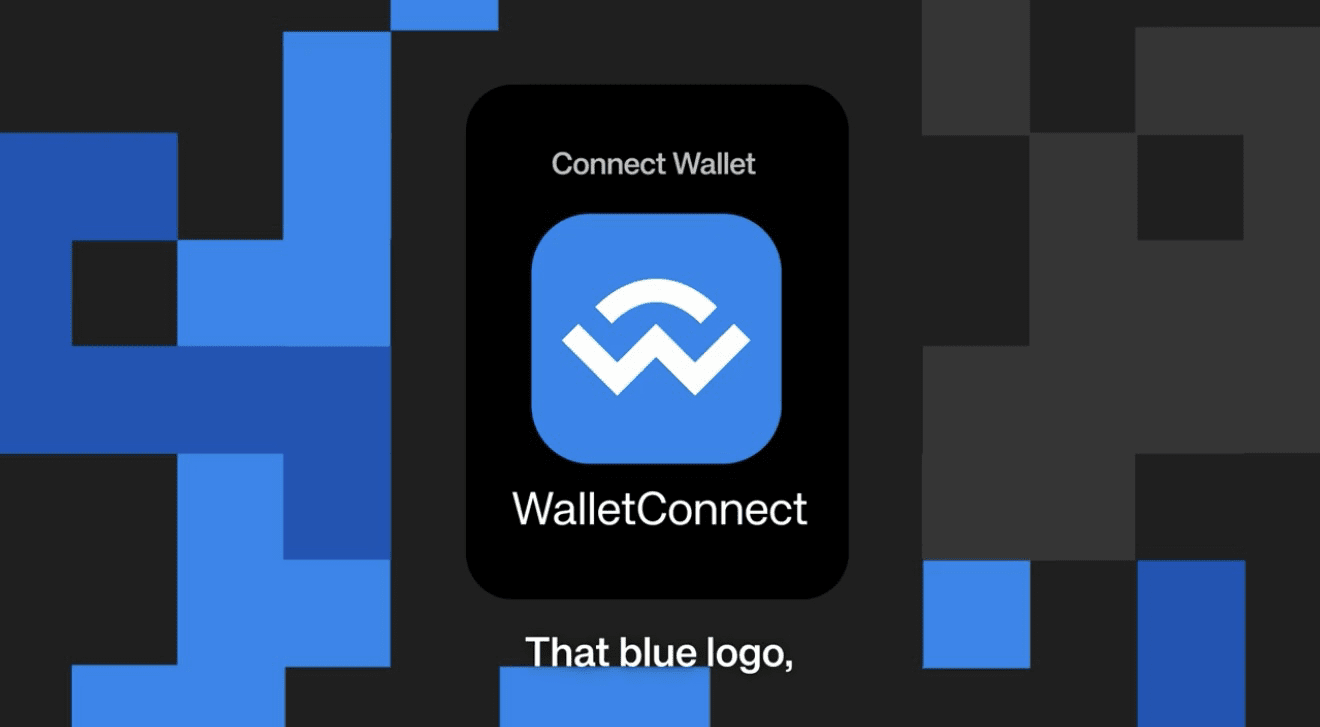In September 2024, a change that can easily be misinterpreted occurred: WalletConnect Inc was renamed to Reown. On the surface, it seems like a brand update, but in essence, it is a systematic reconstruction of product boundaries—encapsulating years of accumulated connection protocols into a toolchain aimed at both ends: WalletKit (for wallet clients) and AppKit (for applications). The migration document clearly outlines the timeline: from September 2024 to February 2025 is the 'limited support period', and from February 18, 2025, the old repository will officially reach EOL, requiring developers to migrate to the new package name and API under the Reown organization. A clear 'schedule + roadmap + migration guide' avoids fragmentation in the ecosystem during the revamp.
Why is this related to growth? In the past, connections often ended with 'embed code - pop up QR code - sign'; now, connections are the first step in the growth funnel. AppKit integrates login, network switching, session renewal, message notifications, analytics, and A/B testing into a single frontend and service panel; WalletKit allows wallet clients to access over 70K applications in one integration, reusing unified chain adaptation and security policies. Every step of the connection can be accounted for, reviewed, and optimized. Development and operations no longer speak separately; the growth team can experiment at the connection layer.
The protocol side has not been 'masked by branding'. The Sign API continues to evolve, clarifying the boundaries of authentication and session management around the goal of 'using wallets for identity and sessions'; the CAIP series of specifications continues to promote the unification of multi-chain naming; Smart Sessions, as a key capability for 2025, is officially recognized as a crucial direction for 'keeping users persistently connected across applications and reducing repetitive signatures'. A smoother experience translates to real improvements in retention and conversion rates.
Another invisible benefit of migration is ecological consistency. The old multi-repository, multi-package names can easily lead to 'API drift' during long-term maintenance; after unifying under Reown, developers encounter paradigms that are closer across different platforms, with smaller gaps in debugging and documentation. The 'deprecated' tags and migration links on GitHub and package managers prevent newcomers from falling into old traps. For wallets and super apps, these are essential conditions for implementation and scaling.
Understanding this migration as 'making connections a product line' is more appropriate: connections are not just about linking, but also about being able to maintain connections, be observable, and grow; clear division of labor between tools and networks, with mutual benefits, is the true 'connection economy'.
@WalletConnect #WalletConnect $WCT